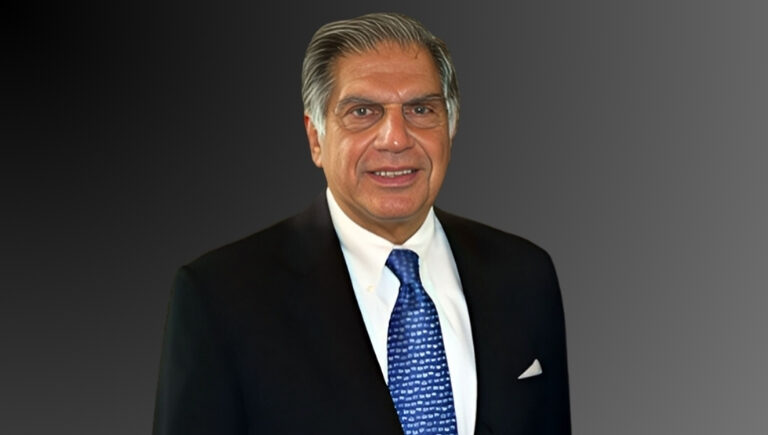Ratan Tata, one of the most respected business leaders in the world, transformed Tata Group from a predominantly India-centric business into a global powerhouse. His vision, strategic acumen, and leadership skills were instrumental in expanding the family business, founded by Jamsetji Tata in 1868, into an international empire. Here’s a closer look at how Ratan Tata achieved this remarkable transformation.
Early Life and Education
Born on December 28, 1937, in Bombay (now Mumbai), Ratan Tata is the great-grandson of Jamsetji Tata. He was raised by his grandmother, Lady Navajbai Tata, after his parents separated when he was ten. Ratan Tata graduated from Cornell University with a degree in architecture and structural engineering in 1962. He later completed the Advanced Management Program at Harvard Business School in 1975.
Joining the Family Business
Ratan Tata joined the Tata Group in 1962, starting his career on the shop floor of Tata Steel in Jamshedpur. His early years were marked by a series of challenges, but he gained valuable insights into the business’s operations and workforce.
Ascension to Leadership
In 1991, Ratan Tata succeeded J.R.D. Tata as the chairman of Tata Sons, the holding company of the Tata Group. His appointment came at a time when India was liberalizing its economy, opening up new opportunities and challenges for businesses.
Strategic Vision and Global Expansion
Ratan Tata’s leadership was characterized by a bold vision for global expansion. He spearheaded a series of high-profile acquisitions that transformed Tata Group into an international conglomerate. Some of the notable acquisitions include:
- Tetley Tea (2000): The acquisition of the British tea company Tetley for $450 million made Tata Tea (now Tata Consumer Products) the second-largest tea company in the world.
- Corus Group (2007): Tata Steel acquired the Anglo-Dutch steel giant Corus for $12 billion, making Tata Steel one of the largest steel producers globally.
- Jaguar Land Rover (2008): Tata Motors purchased the luxury British car brands Jaguar and Land Rover from Ford for $2.3 billion, marking a significant entry into the high-end automobile market.
- Daewoo Commercial Vehicles (2004): Tata Motors acquired Daewoo’s commercial vehicle business in South Korea, expanding its footprint in the global automotive industry.
Innovation and Diversification
Under Ratan Tata’s leadership, the Tata Group diversified into new sectors and embraced innovation. He encouraged investments in technology and research and development, leading to the creation of new products and services.
- Tata Nano: Launched in 2008, Tata Nano was an ambitious project aimed at producing the world’s cheapest car, making automobile ownership accessible to millions of Indians.
- TCS: Tata Consultancy Services (TCS) became a leading global IT services, consulting, and business solutions organization. It is now one of the most valuable companies in the world.
Commitment to Ethical Leadership and Social Responsibility
Ratan Tata is renowned for his commitment to ethical business practices and corporate social responsibility. He emphasized that the group’s primary purpose was to serve the community, with business success being a means to that end. The Tata Trusts, which hold a majority stake in Tata Sons, fund numerous philanthropic initiatives in education, healthcare, and rural development.
Legacy and Succession
Ratan Tata retired as chairman of Tata Sons in 2012, leaving behind a legacy of transformation and growth. His tenure saw the group’s revenues grow manifold, with a significant portion coming from international operations. He continues to be an influential figure as Chairman Emeritus of Tata Sons and through his involvement in various philanthropic endeavors.
Conclusion
Ratan Tata’s visionary leadership and strategic initiatives turned the Tata Group into a global conglomerate. His ability to navigate the complexities of global markets, focus on innovation, and commitment to ethical practices have left an indelible mark on the business world. Today, the Tata Group stands as a testament to his extraordinary achievements, embodying the values and vision that Ratan Tata championed throughout his illustrious career.

